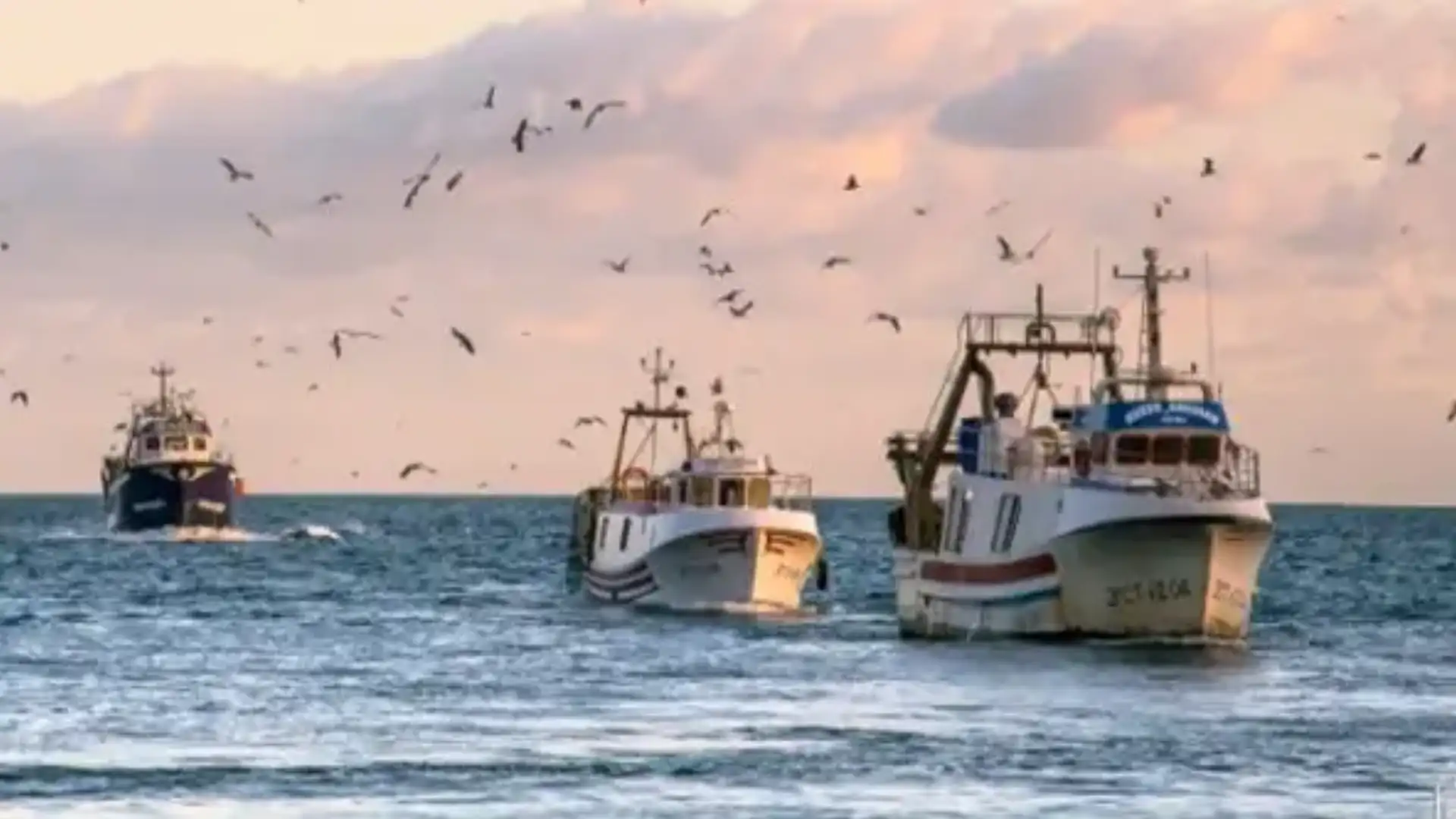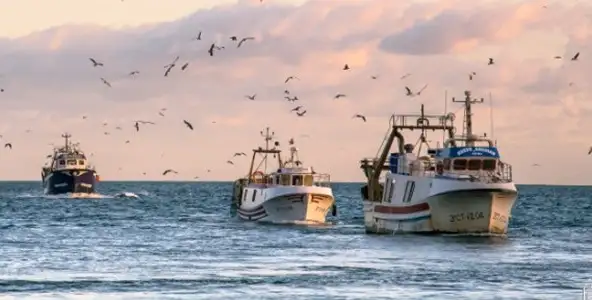
Cepesca requests the amendment of the Royal Decree which requires the "blue box" to be lit
Cepesca requests the amendment of the Royal Decree which requires the "blue box" to be lit

CEPESCA urges Tejina to amend the Royal Decree which requires the Blue Box to light and permanent immobilisation of ships during the stops. It has also called for the distribution of European aid to which the fleet of surface longlines operating in the Mediterranean has had to be forced to stop its activity.
Cepesca has requested the urgent amendment of Royal Decree 1173 / 2015 that requires the trawlers and seiners to keep their VMS (Vessel Monitoring System) location devices on and known as "blue box," throughout the time of their stops, and to remain immobilized during them, with the exception, in the latter case, of safety reasons. On the latter point, Cepesca asked the Minister to also allow travel for maintenance or development of ships.
According to Cepesca, this requirement of the RD to be able to access the biological stop aid provided for in the EMFF (European Maritime Fisheries Fund) is creating serious problems, given its technical inability and requests to be able to credit the stop through other systems. By way of example, keeping VMS systems active during a stop (with the engine off), means that the device is fed from the battery of the nautical equipment to which, by regulation, it must be connected, which can cause the complete discharge of the batteries and the resulting system off. This now requires fishermen to invest in resources to ensure that systems are constantly emitting and thus prevent the loss of aid. In practice, according to Cepesca, there are many cases rejected for not being able to meet these requirements, both of shipowners and of crew. For example, in Andalusia 79 of the 82 applications submitted were rejected, 137 of 198 in Catalonia and almost all in the Balearic Islands. Cepesca warns that in the coming months the same could happen in the rest of CC.AA if the regulations are not changed.
With regard to the mandatory detention during a stop, Cepesca requests to take into account that, historically, the shipowners have used them to carry out the operations of maintenance and development of the fishing vessels by taking them to the port of call, and it is therefore essential that the possibility of doing so be expressly authorized, with the certification of the relevant maritime captains.
Aid to the surface longline sector
On the other hand, taking into account that, because of all the above, it is expected that a considerable part of the budget devoted to temporary stoppages will be left unused, Cepesca again requests the granting of aid to surface longline vessels fishing in the Mediterranean which are forced by ICCAT regulations to make a closure for the capture of swordfish from 1 October to 30 November and for one month between 15 February and 31 March.
In the opinion of Cepesca, and according to the Minister, since the entry into force of this closure, the MAGRAMA has been asked to unlock the European fleet support funds which must be forced to stop their activity in order to comply with biological resource conservation measures, as the surface longline fleet meets all the requirements of the EMFF regulation.
However, even though the Government had committed itself to doing everything possible to enable the longliners to receive the aid, they had never been distributed and, this year, according to the ministry, they would not be able to even raise it since the acting Executive had closed the budget last July, thus wasting the funds from Europe if it was not acted on quickly. "In the face of this situation," says Javier Garat, general secretary of Cepesca, "we are confident that the ministry will be sensitive and will develop the actions necessary to unlock these funds."
© 2024 Nautica Digital Europe - www.nauticadigital.eu











